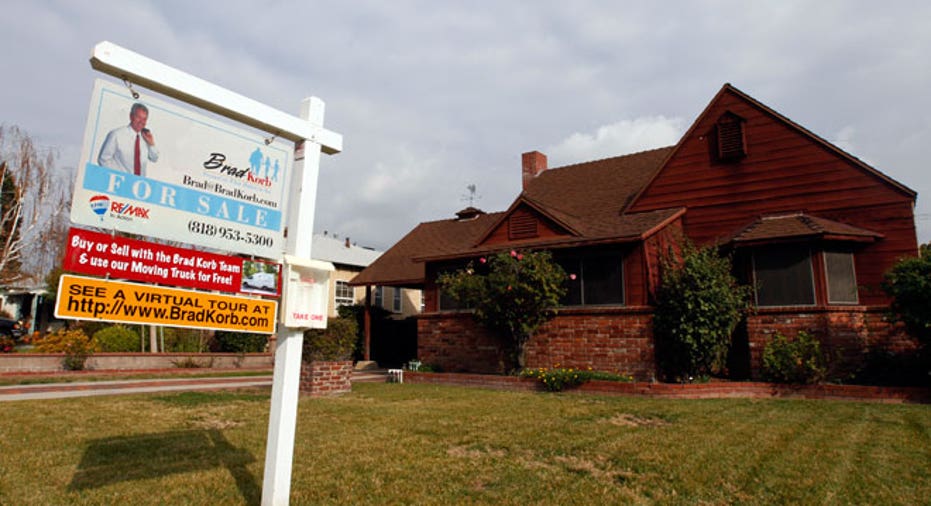Real Estate Investing: Single Family Home vs. Condo

If you’re considering getting into the landlord game, you might wonder whether it’s best to buy a single family home or a condominium.
Many people say to stay away from condominiums because of all the issues with homeowners associations, and they have a point. However, single family homes have many issues, too, so don’t make up your mind so quickly.
Here are several things to consider in this “Rumble in the Investment Property Jungle.”
Round 1: Investment returns
When you’re buying an investment property, the first thing you should do is pencil out your real estate deal to see if it has fair cash-on-cash investment returns. As a general rule, you’ll find that single family homes typically have lower cash-on-cash returns than condominium properties. So a fair deal on a single family home might be a cash-on-cash return of 3 to 5 percent, while a condominium might have 4 to 7% returns. The condominium will probably take this round, but every property is different, so you need to pencil out your specific deal to understand the returns.
Round 2: Tenant turnover
Every time your tenants leave, you’ll need to re-rent the property. And it’s a lot of work! You have to advertise, take calls and emails, show the property, draft a lease, do a credit check, move the old tenant out, move the new tenant in, etc. And even if your old tenant left the place in perfect shape, you still need to fix minor issues, probably paint and maybe have the carpets cleaned.
Smart landlords know that you make the most money by keeping your tenants as long as possible. Apartment/condo units typically turn over every other year, while single family homes typically have much longer tenancies of three to five years. Clear winner on this round: single family homes.
Round 3: HOA vs. non-HOA
The biggest complaint about condominiums is dealing with HOAs and HOA fees. And while there are many HOAs that are in terrible financial, legal and operational shape, there are also many that are well-managed and in very good shape. HOAs can have strict rules, and if you or your tenant breaks them, you have to deal with the fallout. But those rules also keep harmony in the neighborhood and stops tenants from parking inoperable vehicles, appliances, etc., in their yards as might happen with a single family neighborhood. No clear winner here.
Round 4: Ongoing maintenance and repairs
As a single family residence owner, you would need to schedule and handle all the exterior issues — roofing, painting, landscaping — which is going to take up a lot of your time and energy. These are all tasks the HOA would handle in a condo community. Overall, it’s much less work owning a property in an HOA — and that’s why owners pay HOA fees. It’s a condo “KO” on this issue! Round 5: Value increase
Many people believe that single family homes go up in value more than condos, but there really isn’t any conclusive proof of that. Most real estate, in a general vicinity, is going to appreciate about the same 2 to 3% per year over the long term. So you should exclude this one as a consideration. For building wealth, forget the appreciation and instead go for the better cash flow as noted above in Round 1. Summary
So those are some of the items to consider. Either one can be a great investment, or a terrible investment, depending on what you purchase, how much due diligence you do before your purchase and how well you manage the property. Do a lot more research and talk to property owners, and then you can figure out how you will win the heavy weight championship of real estate investing!
Read More From Zillow:



















